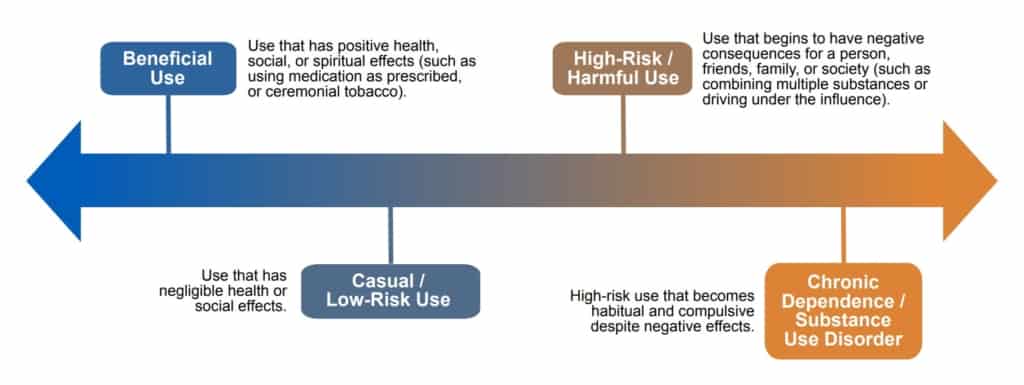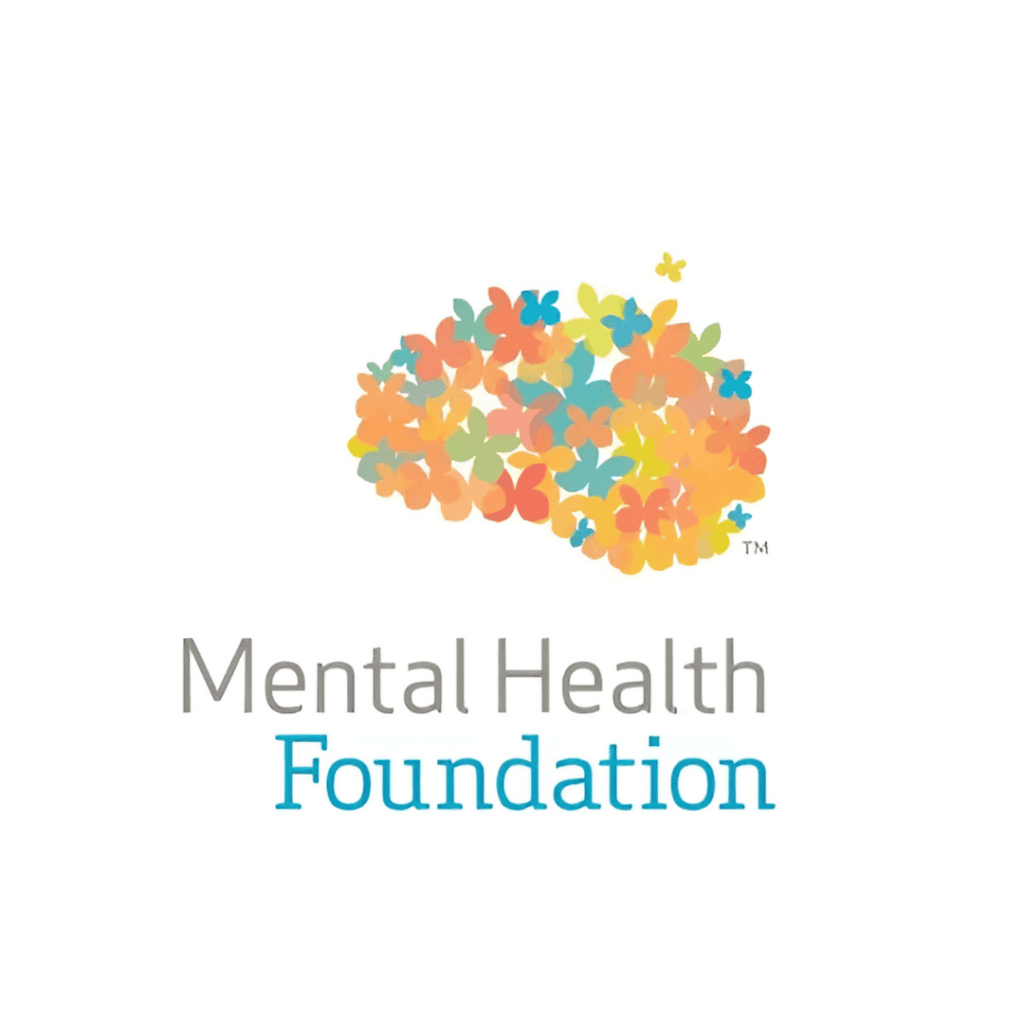Many people use substances. For example, you may drink coffee or pop that may have caffeine in it. This substance helps you feel alert and awake!
There are other legal substances such as over-the-counter and prescription medications, alcohol, and cannabis. There are also a number of illegal substances such as cocaine, methamphetamines, ecstasy, and many others.
People use substances for a wide variety of reasons and your use of substances is a personal choice. It is important to know what you are putting in your body, how it affects you, and why you are using it. In many instances, people can use substances responsibly, in a way that does not negatively impact their ability to go about their everyday life.
At times though, substance use can cross over into misuse, abuse, or even addiction. This is even more common when other aspects of your mental or physical health are suffering. Our resources can help give you more information about how to address these concerns yourself or to help a friend in need.
Substance use can be viewed on a spectrum. Understanding where a person is on this spectrum is important for meeting people where they are at, and providing appropriate care options that promote health and reduce risk or harm. A harm reduction approach can be applied at any point along the spectrum. If you understand how someone views their substance use on this spectrum, you can then foster conversations around supporting their goals and the plan for care.

Why Some People Use Substances?
I’m Curious
- It is totally normal to want to try new things. However, before trying out new things, it is important to be informed and to understand all the facts to help you decide if you want to experiment with a substance or not.
- If you do decide to try a new substance, we hope our resources will help you try new things safely to help reduce the associated risks as much as possible.
I Have Social Reasons
- You may not want to use substances but may feel pressured if “everyone else” is using them. It’s important to remember that it’s your body and mind, and therefore it’s your choice to decide what you put into your body.
- Drinking alcohol is a legal and normal activity. In fact, alcohol is common in many social gatherings or celebratory events such as weddings, parties, etc. It is also common for people to not drink alcohol for lots of reasons such as the cost, not enjoying the feeling, or not feeling like it is a healthy choice for them.
- Also, we have common phrases such as “let’s go out for a drink, “happy hours,” “smoke break,” and these are just a few examples of how prevalent substance use is in our society.
I Need Help Coping
- You may use substances to cope or “escape” stressful events or negative feelings.
- Some might not have access to mental health resources and turn to substances to help with symptoms instead.
- We hope that Kickstand’s mental health resources can help you find other ways that may help you cope and manage your concerns.
I Want to Have a Good Time
- You might use substances recreationally in order to feel good or have a good time.
- Substances can affect our brain chemistry to alter our experience. For example, it can change how we feel, how we think, and behave. For some people, using substances is a way for them to relax, as for others they may use substances to get energized.
I Have Other Reasons
- Some people have a medical prescription to use substances for pain management. For example, Canadian doctors are able to prescribe medical marijuana/cannabis or other pain-relieving pharmaceuticals for individuals to help manage ongoing pain so they can return to or continue doing their daily activities.
- Individuals report that using helps them “focus” or “perform better.” This depends on the type of substance being used. One common example is Adderall – which is used to treat ADHD but some people use it without a prescription, which is not a safe practice.
- Some people state they use substances (Eg, cannabis) to help manage their experiences of anxiety. However, the scientific evidence for this is very limited and mixed given that research on cannabis is relatively new. You can read more about cannabis here.
- People who are addicted to a substance(s) may use it to prevent uncomfortable or painful withdrawal symptoms. Even if they wish to stop using substances because of the negative impact their addiction has had on their life, sometimes it is difficult to stop because of the withdrawal symptoms.
Check out this page for more information on free youth mental health services that you or a loved one can access through our virtual clinic, Kickstand Connect.
Sources:
What to look for: Problematic Alcohol Use – Foundry – (foundrybc.ca)
Spectrum Diagram from: Harm Reduction: Spectrum of Substance Use (albertahealthservices.ca)



